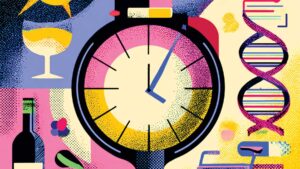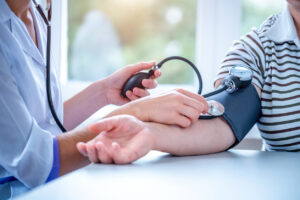The Wall Street Journal featured Pinchas Cohen, dean of the USC Leonard Davis School, on how the COVID-19 pandemic will impact aging, retirement and lifestyle choices. “Age is the No. 1 cause of risk for mortality from COVID, but it’s not chronological age, it’s biological age,” he said.
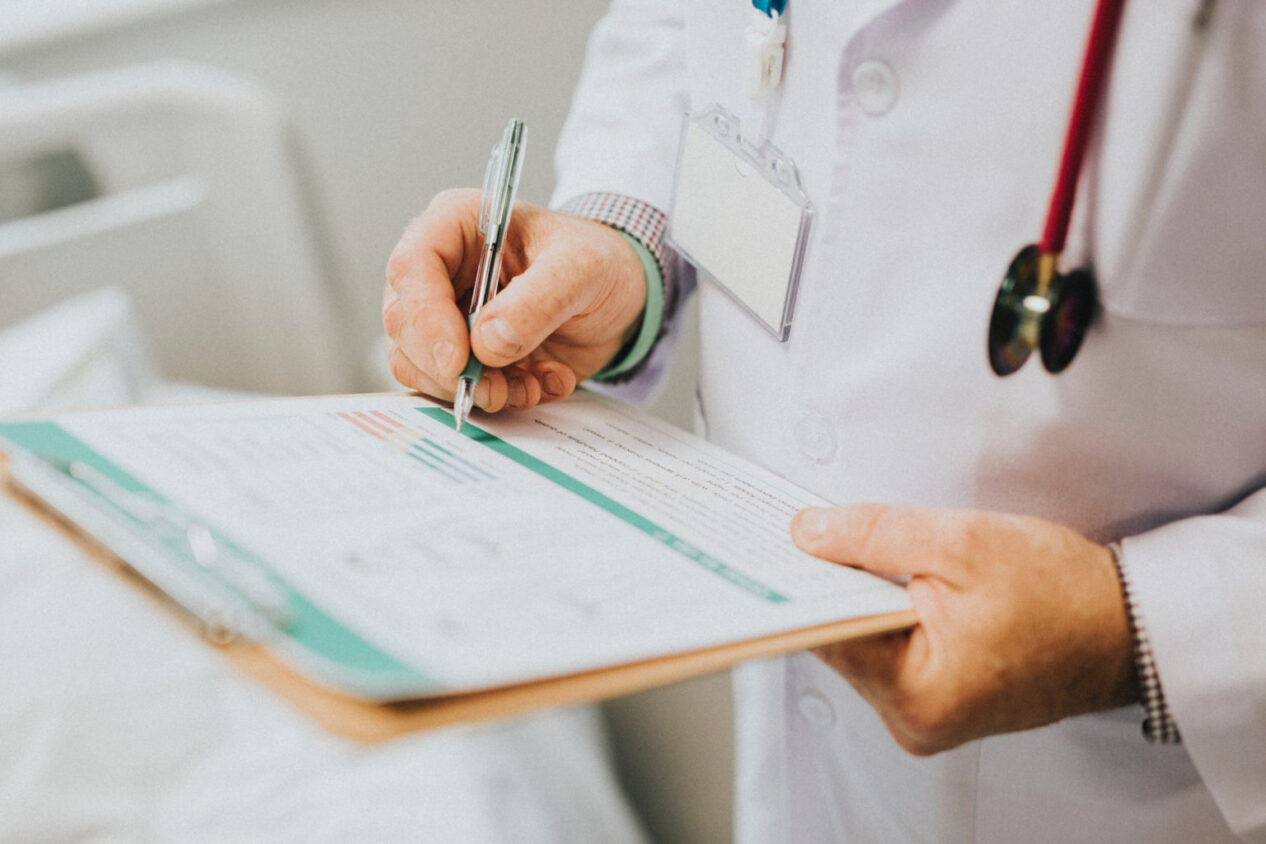
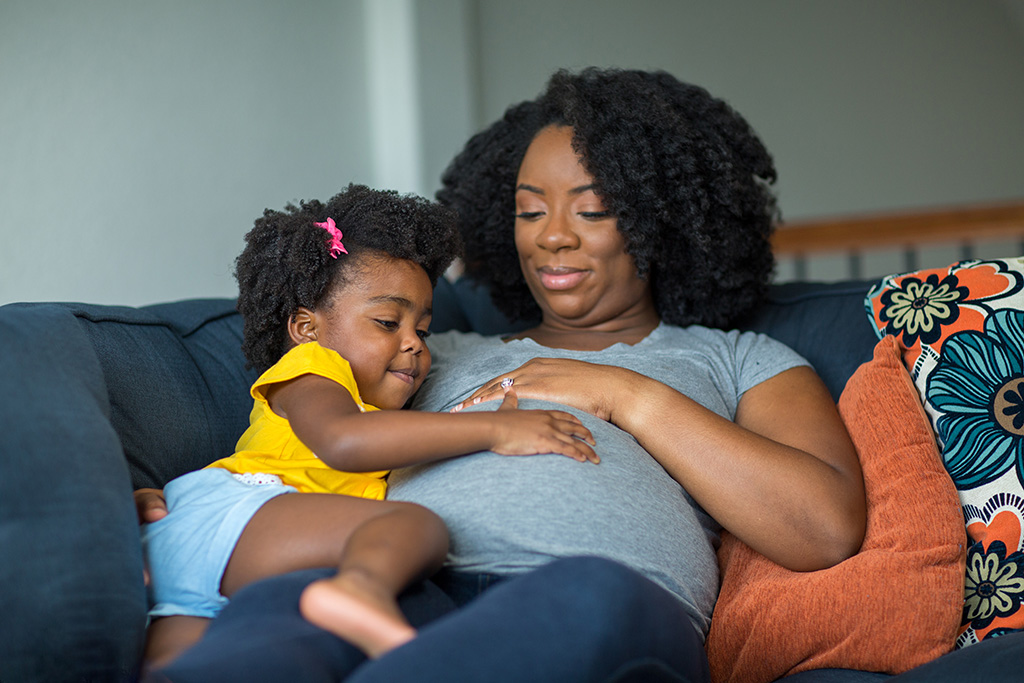
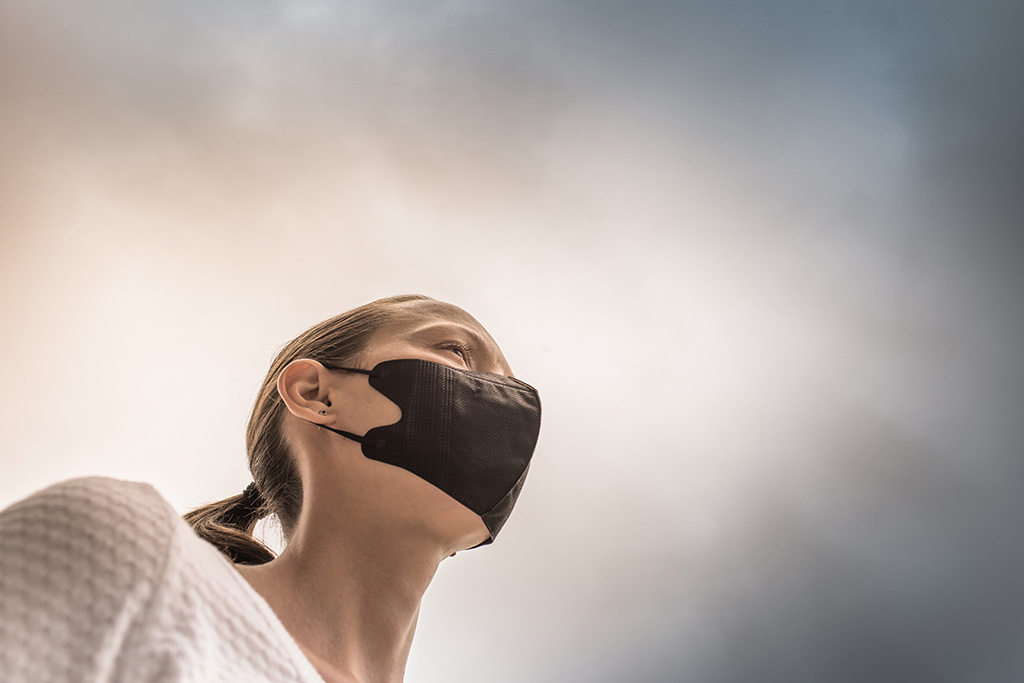
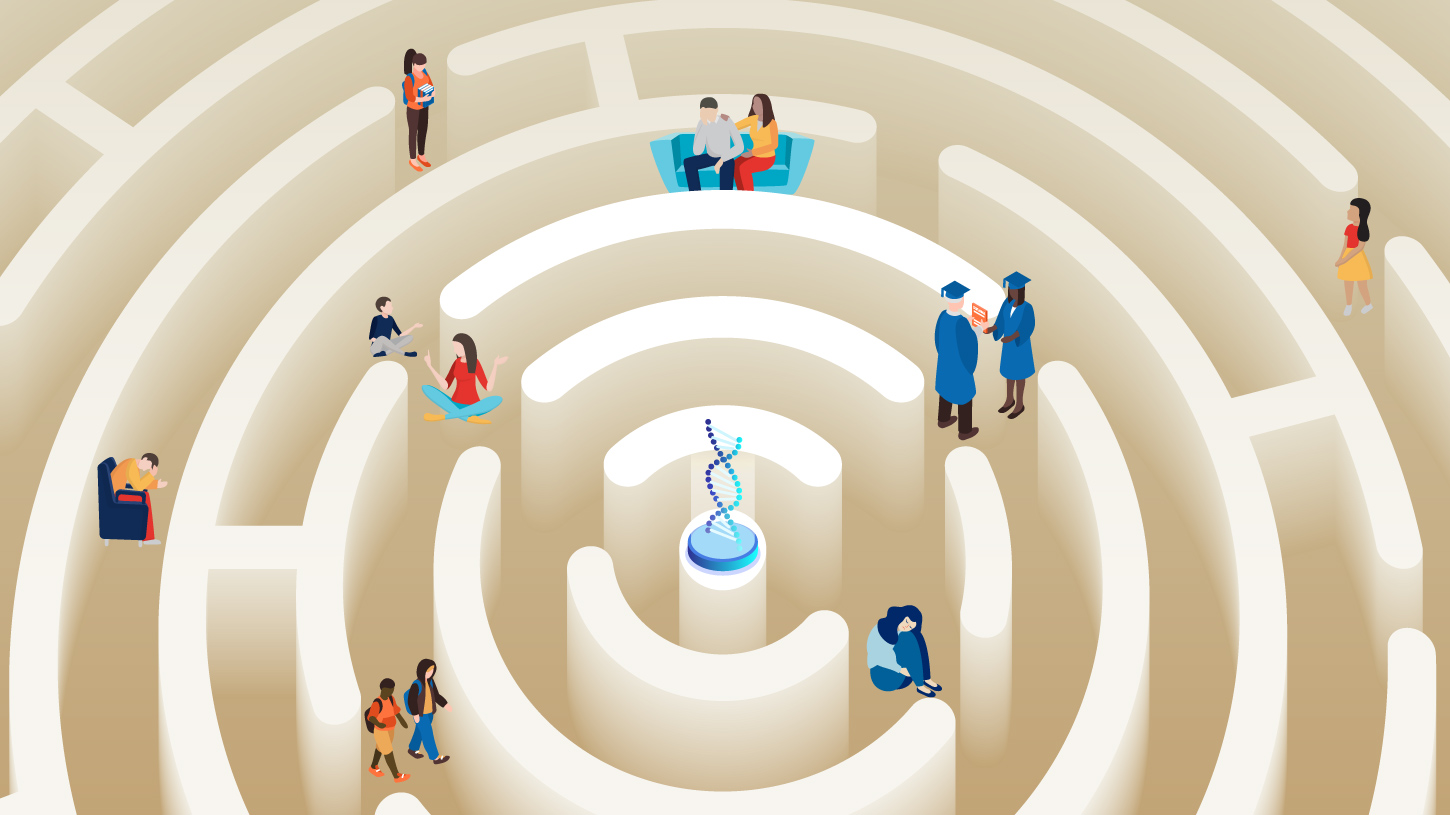
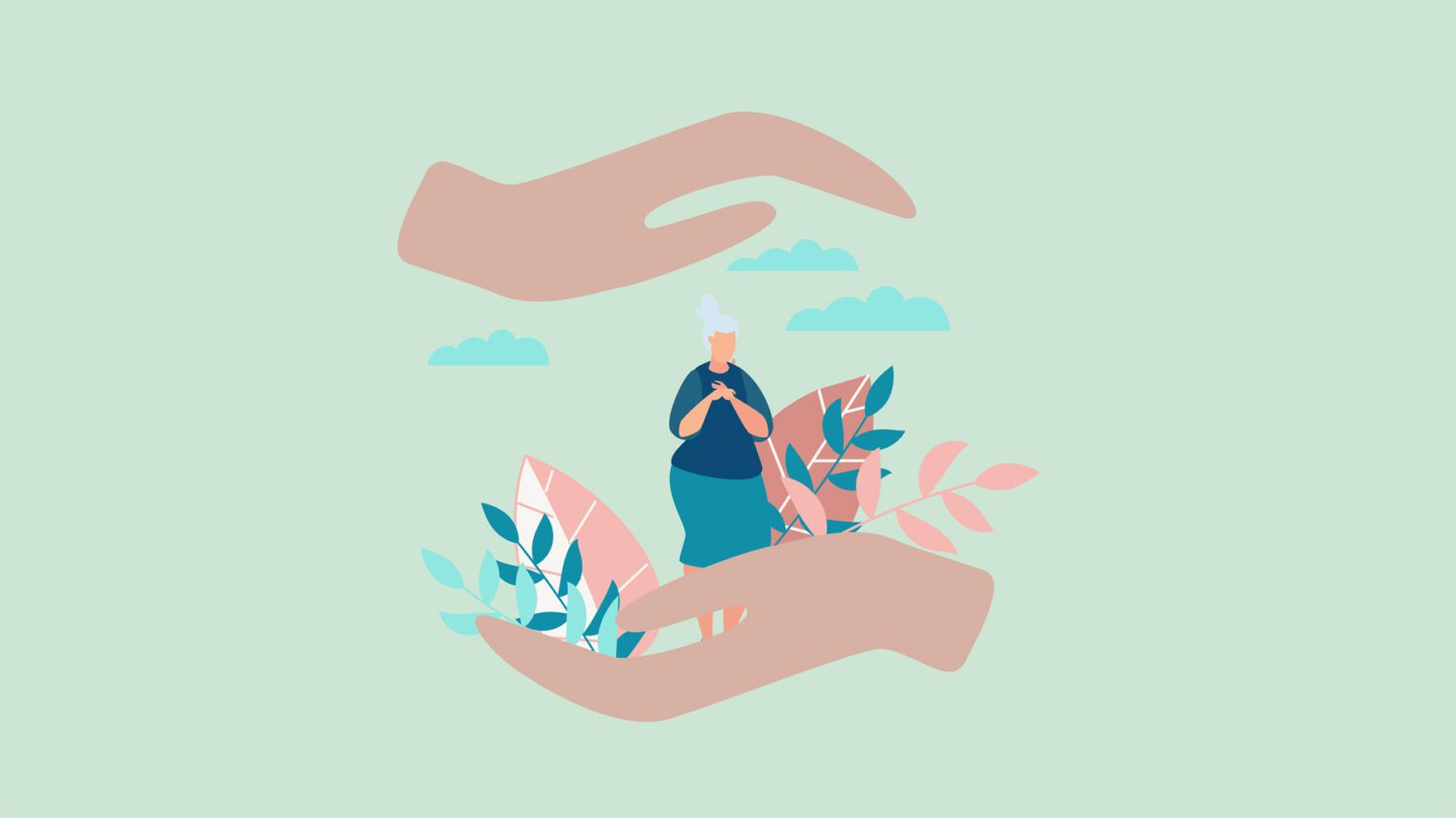
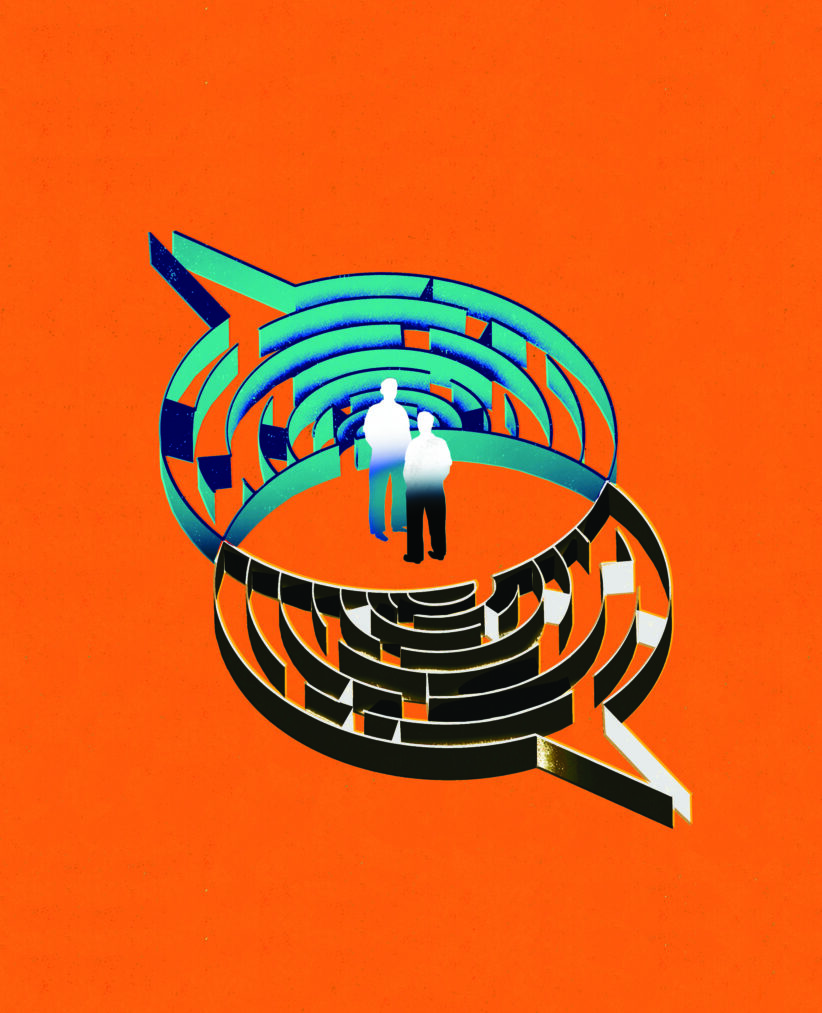
The Spokesman-Review (Spokane, WA) quoted Caroline Cicero in an article about how the US will have its oldest president ever, no matter who wins the election. “I believe there’s a lot of ageism in the country that prompts people to say either candidate must be unfit for office because of his age,” Cicero said. “I do understand that people might be frustrated that two older white men are the choices, but that doesn’t mean they’re unfit because of their age.”
The San Diego Union-Tribune cited research from the USC Leonard Davis School on how playing a musical instrument can protect against dementia.
U.S. News & World Report featured research by doctoral students Erfei Zhao and Qiao Wu of the USC Leonard Davis School on how viewers of Fox News were less likely to take preventive measures against COVID-19 compared to CNN viewers. “In a highly partisan environment, false information can be easily disseminated,” they said.



